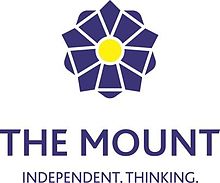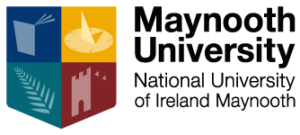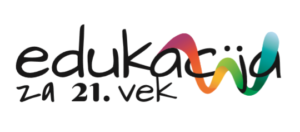In our world today young people are increasingly influenced by social media and the information found on the internet. This exposes young people to different extremist ideologies and alternative facts. Teachers are often confronted with radical views and expected to deal with them. This project aims to aid educators in how to constructively discuss and debate these issues by exploring different aspects of an issue. The competences that students have learned through meaningful dialogue and debate at school will also enable these students to deal constructively with tensions and disagreement in their daily life.
Project Aims
The project empowered educators across Europe to enable students to acquire social and civic competences through debates, dialogue and discussion on contested issues as part of their formal education.
Expected Outcomes
Needs Assessment
The needs assessment was designed to assess what educators need in order to help their students to acquire social and civic competences through dialogue, debate and discussion on contested issues. Read the full Needs Assessment Report here.
Exemplar content for dialogue, debate and discussion
A skilled team of 14 history educators has developed, as part of this project, 15 sets of content that enable students and educators to have dialogue, debates and discussions on contested issues. Each set of contents provides information on the issues at stake, the historical context, a variety of viewpoints, and questions that made students think.
These sets of content focus on four different themes:
- People on the Move (The case of the Vlora Cargo Ship, How are Migrants Perceived, Why do people move)
- Borders, Annexations and Secessions (The Catalan Referendum, the Northern Irish border, the case of Crimea, and the case of Kosovo)
- Surviving Under Pressure (The Algerian War, Leaders in times of Turmoil, the Wealth Tax in Turkey, and the Famine in Greece)
- Contested Cultural Heritage (Rhodes Must Fall, Changing Street Names in Serbia, and the Hagia Sofia in Turkey)
All these sets of content are available on Historiana.eu, in the Historical Content section. To further help teachers using these resources, the Learning to Disagree team has developed dedicated lesson plans, which are available on Historiana.eu in the Teaching and Learning section.
Teacher's guide on dialogue, debate and discussion
This guide is incorporated in the comprehensive "Learning to Disagree Teachers' Guide". Part 2 (Teacher Guide to support the use of discussion, debate and dialogue as teaching methods) of the document is designed to help educators to apply dialogue, debate and discussion in practice. The guide includes support material for at least 12 types of dialogue, debate and discussion, including information that educators could use on which type works best in which context. The guide is available in 13 languages.
Teachers guide on assessing social and civic competences
This guide is incorporated in the comprehensive "Learning to Disagree Teachers' Guide". Part 3 (Assessing competences) includes descriptions of the competences, aligned with various international documents, including the Council of Europe Competences for Democratic Culture (2016). It set out to help educators identify what competences students need to develop further, and helped educators to make clear what needs to be done in order to be competent.
Training package on how to use the educational resources
The training package consists of a set of resources that could be used for presentations, workshops and other training elements that helped educators to use the resources developed in the project. The training package is available upon request: if you would like to receive it, please contact us at secretariat@euroclio.eu.
Policy recommendations
The policy recommendations point out to policy makers in what way the findings of the needs assessment either support or contradict existing policies which facilitate a teacher's ability to not only de-escalate tensions in the classroom but channel them into constructive dialogue, discussion and debate that in turn supports learning. They also illustrate to what extent the exemplar content is illustrative of the capacity of history education, including its specific methodology of multiperspectivity in fostering student's ability to cope with a variety of viewpoints, is able to enhance in the wider learning process. Building on this, the recommendations identify opportunities and challenges for mainstreaming this in history education. From the two guiding materials, essential elements which could be enhanced through educational policies, were highlighted.
Donor
The project will be implemented with the financial support of the Erasmus+ Programme of the European Union as part of the initiative "Learning to Disagree".

Project Coordinator
Alice Modena (Project Manager and Professional Development Coordinator)
Project Partners




Project team
Project Partners
Barbara Christophe & Maren Tribukait (Georg Eckert Institute )
Dr Anthony Malone & Dr Majella Dempsey (Maynooth Univeristy)
Helen Snelson (Mount School York)
Lidija Šuica &Marko Šuica (Education for the 21st Century)
